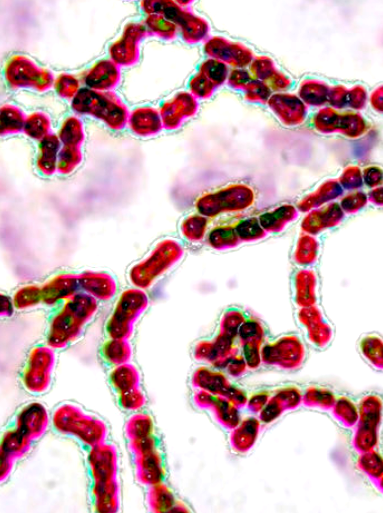Bacteria eat HIV drugs
 Researchers have found that vaginal bacteria can deactivate HIV drugs.
Researchers have found that vaginal bacteria can deactivate HIV drugs.
A new study reveals that some anti-HIV prophylactic drugs often are not as effective in women due to some vaginal bacteria breaking down the drugs.
With no effective vaccine for HIV, alternative strategies such as pre-exposure prophylactic (PrEP) drugs are necessary to prevent transmission. PrEP drugs are highly effective in preventing the acquisition of HIV infection in men, but they are much less effective at preventing HIV infection in women.
Recent evidence demonstrates that vaginal microbial communities are associated with increased HIV acquisition risk and may impact PrEP efficacy.
To better design and conduct clinical studies assessing HIV prevention in women, it is essential to understand how microbes in the female reproductive tract affect therapeutic drug levels.
In a new study, researchers investigated how vaginal bacteria alter PrEP drug levels and impact HIV infection rates using samples from women with and without bacterial vaginosis (BV).
BV is associated with increased sexually transmitted infections and negative reproductive tract outcomes in women. However, current treatments for BV frequently fail and recurrence is common.
The researchers found that bacteria associated with BV - but not healthy Lactobacillus bacteria - can metabolize PrEP drugs and may potentially reduce PrEP efficacy due to reduced levels of available preventative drug.
According to the authors, better measurements and interventions for bacterial vaginosis will be critical for improving the efficacy of HIV prevention efforts in women.
“Women’s health, and factors that contribute to health and disease prevention in women are grossly under studied,” said lead researcher Dr Nichole Klatt.
“This study demonstrates the critical need to develop better treatments for bacterial vaginosis, and in general, to promote more studies of women’s health.”







 Print
Print